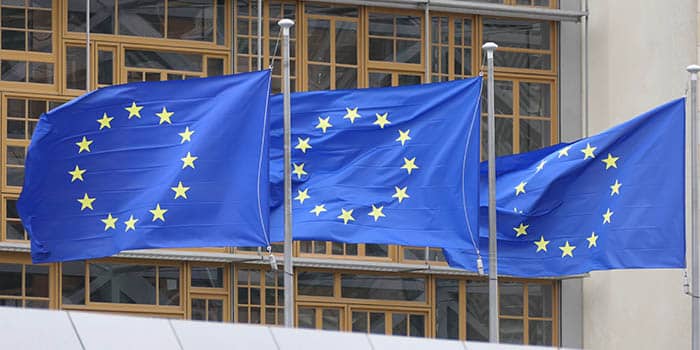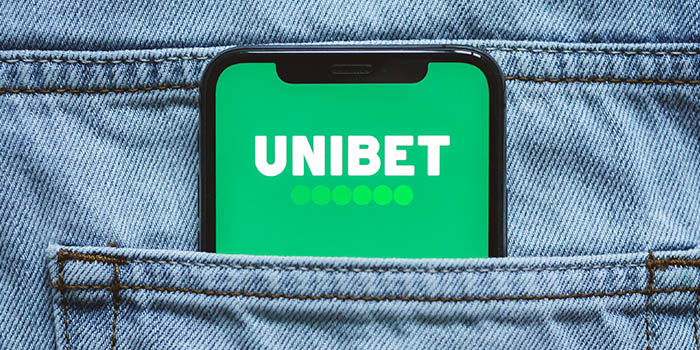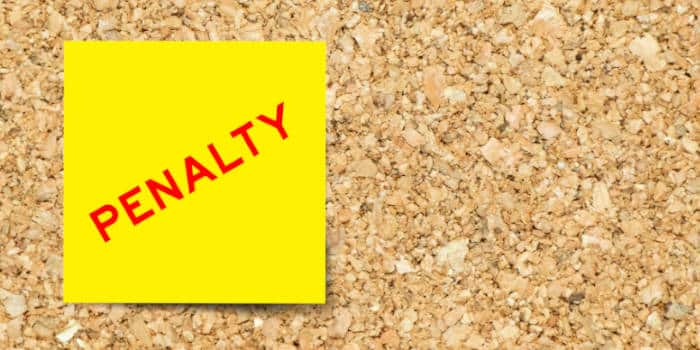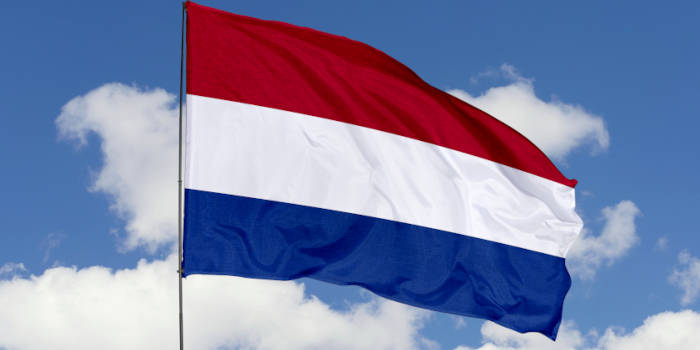- Casino
- By State
- Alabama
- Alaska
- Arizona
- Arkansas
- California
- Colorado
- Connecticut
- Delaware
- Georgia
- Florida
- Hawaii
- Idaho
- Illinois
- Indiana
- Iowa
- Kansas
- Kentucky
- Louisiana
- Maine
- Massachusetts
- Maryland
- Michigan
- Minnesota
- Mississippi
- Missouri
- Montana
- Nebraska
- Nevada
- New Hampshire
- New Jersey
- New Mexico
- New York
- North Carolina
- North Dakota
- Ohio
- Oklahoma
- Oregon
- Pennsylvania
- Rhode Island
- South Carolina
- South Dakota
- Tennessee
- Texas
- Utah
- Vermont
- Virginia
- Washington
- West Virginia
- Wisconsin
- Wyoming
- By State
- Slots
- Poker
- Sports
- Esports
Gaming Regulator in the Netherlands Supported by Administrative Court

A recent development that may prove pivotal for the Netherlands gambling market is the recent court ruling in favour of the national regulatory body, the Kansspelautoriteit /KSA/, in a case against text-based promotions for online games of chance.
Court Ruling in Favour of Regulator
The Council of State, the Netherlands’ highest administrative court, effectively agreed with KSA’s hypothesis that the use of promotional articles to spur interest for online games that are currently prohibited in the country should be treated as forms of advertising illegal activities and should not be allowed, confirming regulator’s considerations that promotional texts fall under the same category as advertising and supporting an earlier ruling on the matter made by the District Court of The Hague in February 2019.
The first ruling, though back in 2017, was against a Betsson subsidiary, Content Publishing Limited, where the regulator imposed incremental penalties due to the availability of links on the punished company’s websites that allowed their visitors to click through to other websites where online gambling was offered, and claims from the company that the KSA’s definition of promotion in the Gambling Act was too broad, under which these articles could be treated as editorial information rather than advertisements, did not stand in court.
The Dutch Future Gambling Environment
The Remote Gaming Act that is expected to come into force in July next year, will offer four types of different licenses:
- Casinos where clients will be playing against the gambling company in games such as roulette, slot and table games;
- Online poker, where clients will be playing against each other;
- Sports betting, where wagers on sports events will be placed, and;
- Betting on horse racing and trotting,
€45,000 fee required for each, non-refundable in case of unsuccessful application, as the KSA will assess the responsibility, reliability and verifiability of each application.
There is an extensive list of requirements for each applicant regarding, for example, links to parties with criminal, administrative or tax misdemeanours, company employees knowledge of the Netherlands’ gambling laws and regulations, bankruptcy history, players’ funds separation and protection, as well as operator’s strategy for tackling gambling addiction and its partnership with industry experts and in line with the Dutch system of addiction care.
Rules Will Be Upheld
The recent confirmation on the District Court ruling by the Council State sends a loud and clear message to every gambling company, willing to apply for a license and operate on the Dutch market, with regards to the expected legalization in 2021, that institutions in the Netherlands, working hand in hand with the national regulator, have the necessary resolve to establish and support a fair online gaming regulatory framework and protect it from any types of misuse.
With 5+ years of experience as an analyst, Julie—affectionately known as 'Jewels' in the office—has quickly become our go-to expert in the forex and cryptocurrency space. Her keen attention to detail and deep understanding of the industry make her an invaluable asset. Julie's expertise and enthusiasm have made her the top choice to co-pilot educational initiatives alongside Mike, bringing knowledge to the masses.
Previous Article

Legal
January 25, 2020
NY Gambling Commission Delayed Collecting Tax Due to Legal Process

Must Read
Legal
July 10, 2025
Italian Court Clears Betsolution Ltd of Mafia Links
More Articles



Industry
May 29, 2025
KSA Chair Groothuizen Joins GREF as Board Member

Industry
March 21, 2025
KSA Investigates Newspapers Promoting Illegal Gambling










